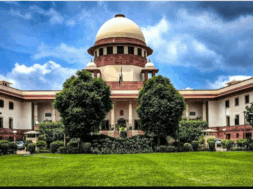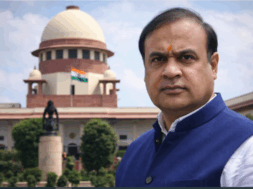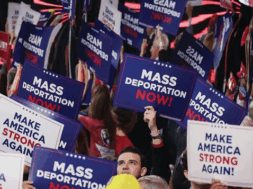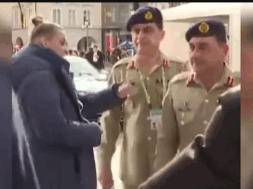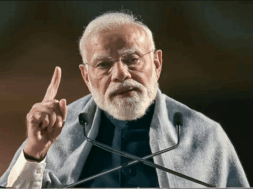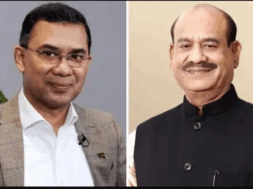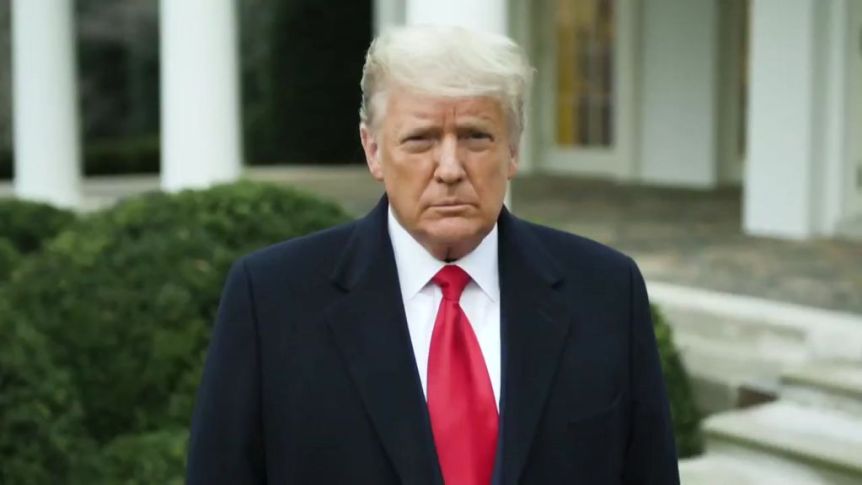
Virendra Pandit
New Delhi: With persistent demands for his second impeachment, outgoing US President Donald Trump is said to be considering to ‘pardon’ himself before his successor, President-elect Joe Biden, is sworn in at the White House on January 20, 2020.
On Wednesday, thousands of Trump supporters, soon after he addressed them in a rally, stormed the US Congress on Capitol Hill, forcing elected members to duck for cover, controlled for a time the Senate and created unprecedented mayhem in which four lives were lost. Police arrested more than 50 rioters as the resumed joint session of the Congress certified Biden’s victory in the November 3 presidential election against Trump.
The violence attracted global opprobrium. Finally, an isolated Trump, while still not conceding defeat, said he would allow transition of power to Biden. Social media outlets blocked his account.
With mud on his face, Trump was reported to have suggested to his few remaining aides that he wants to pardon himself in the final days of his presidency, according to a media report on Friday.
If he does go ahead, the move would mark one of the most extraordinary and untested uses of presidential power in American history.
According to the report, Trump has, since Election Day, been telling his advisers that he is considering giving himself a pardon and, in other instances, asked whether he should and what the effect would be on him legally.
Trump has long maintained he has the power to pardon himself and his polling of aides’ views is typically a sign that he is preparing to follow through on his aims. He has also become increasingly convinced that his perceived enemies will use the levers of law enforcement to target him after he leaves office, the report revealed.
No US president has pardoned himself so far. That is why the legitimacy of prospective self-clemency has never been tested in the justice system. Legal experts are divided about whether the courts would recognize it. But if Trump pardons himself, it could create a dangerous new precedent for future presidents to unilaterally declare they are above the law.
A media report said President Trump has considered a range of pre-emptive pardons for family, including his three oldest children — Donald Jr., Eric Trump, and Ivanka Trump — Ivanka Trump’s husband, senior White House adviser Jared Kushner, and for close associates like the president’s personal lawyer Rudy Giuliani. Trump has expressed concerns to advisers that the Justice Department under Biden might investigate all of them.
